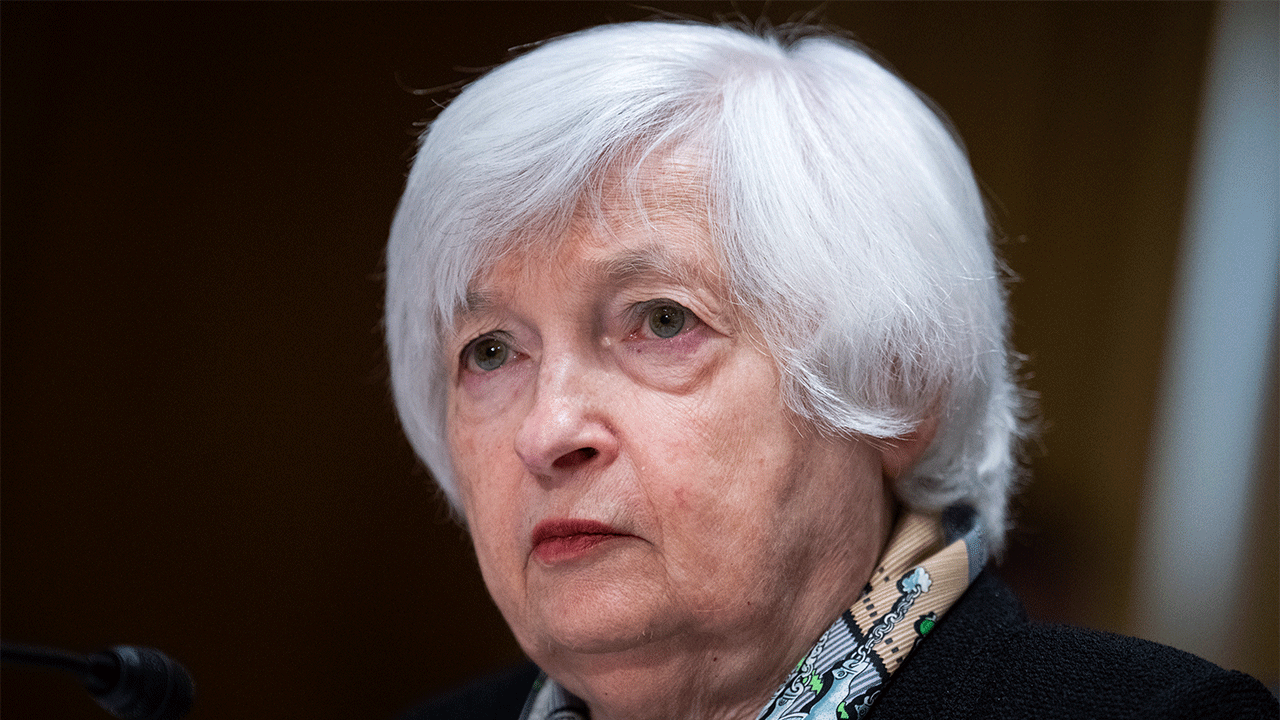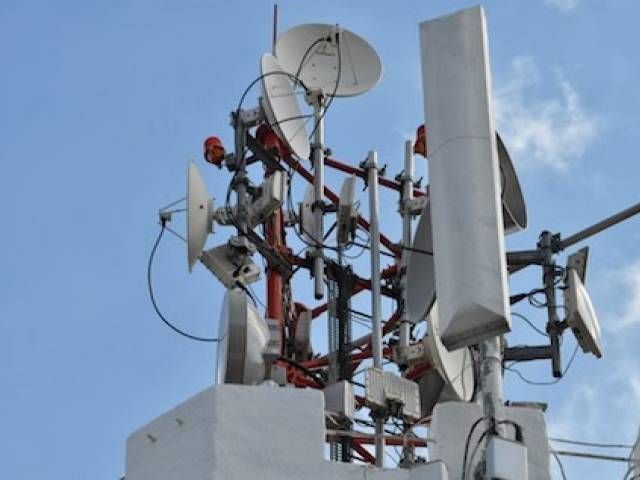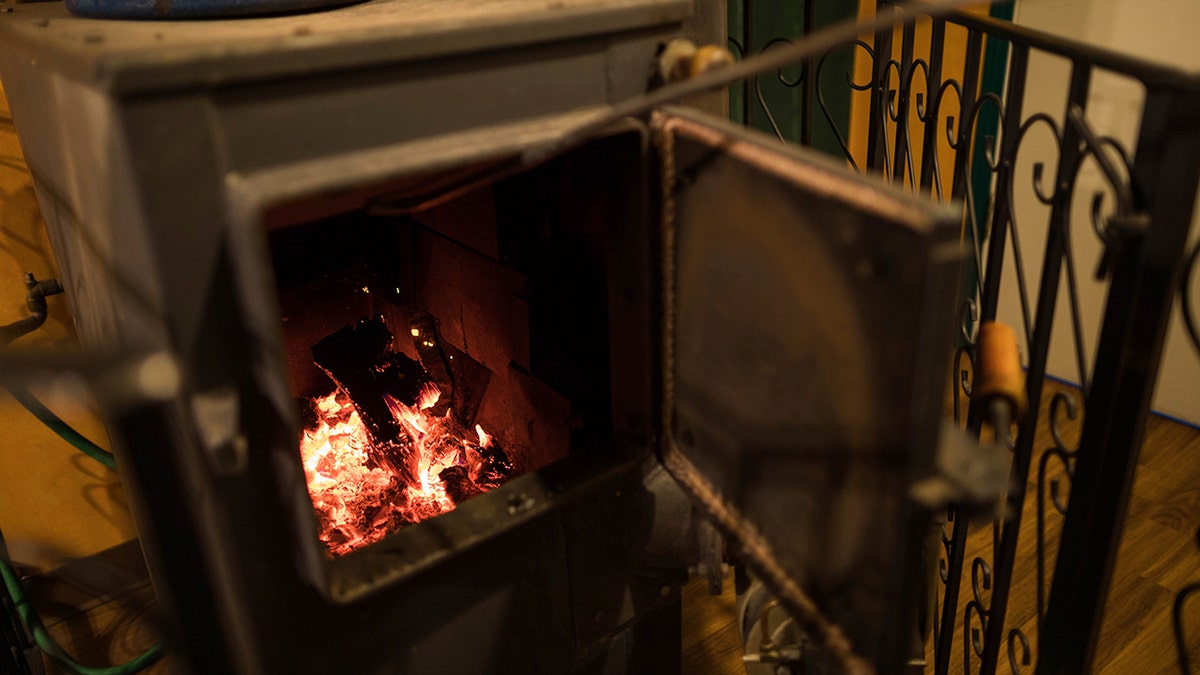A Chinese electric vehicle battery company, Gotion, has received approval to proceed with the construction of a facility in Michigan, sparking local controversy and national security concerns. The Biden administration's Committee on Foreign Investment in the United States (CFIUS) concluded that the project doesn't fall under the Defense Production Act's purview, clearing the way for Gotion to continue its development plans. Gotion, whose parent company is based in China, stated its commitment to transparency throughout the review process.
This decision has ignited a firestorm of criticism from lawmakers, residents, and national security experts, who have expressed apprehension about Gotion's Chinese ownership and potential links to the Chinese Communist Party. Rep. John Moolenaar (R-Mich.) voiced his concerns, emphasizing the need for thorough scrutiny of companies with ties to the CCP. These concerns stem from Gotion High-Tech's corporate bylaws, which mandate adherence to the Chinese Communist Party's Constitution.
The project has also drawn attention due to the significant financial backing it has received. Michigan Gov. Gretchen Whitmer previously praised the $2.4 billion investment for its potential to boost Michigan's position in the electric vehicle industry.

Furthermore, the Michigan state Senate Appropriations Committee approved $175 million in taxpayer funding for the project, a move that further fueled local outrage. Residents like Marjorie Steele have voiced their anger over the lack of transparency and community input in the decision-making process.

This situation highlights the complex intersection of economic development, national security, and international relations in the burgeoning electric vehicle industry. The Treasury Department has not yet commented on the matter.








